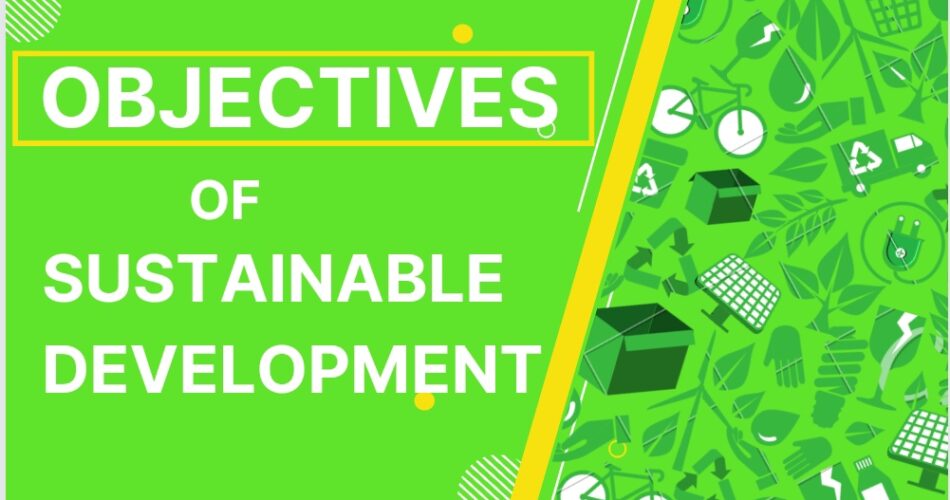Sustainable development has some forward-looking and broad-based objectives, which transcend class, caste, language, and regional barriers. These objectives are a charter for liberating one’s economy from the clutches of the exploitative mindset, which has depraved nations and defied their biomass wealth. These objectives are:
- To maintain the standards of living of the largest number of people with equity and justice. The consideration of transboundary and cumulative impacts in decision making has to be realized.
- To conserve and protect the earth’s natural resources from misuse and wasteful consumption. This demands respect for the land and its diversity as the foundation for healthy communities.
- To innovate new technology and scientific techniques that work in unison with the laws of nature and are not opposed to them. There needs to be a consideration of sharing the risks and benefits from developmental policies undertaken by different nations.
- To respect diversity and involve local and indigenous communities in more grassroots-oriented and relevant developmental policies. This would involve consideration of economic viability, culture, and environmental values as policies and programmes are developed.
- To decentralise governance institutions and make them more resilient, transparent, and accountable to people. They should have an open, inclusive, and participative decision-making process.
- To plan international institutions that recognise the requirements of poor nations and support them to achieve their growth targets without destroying their natural wealth and environment.
- To seek the peaceful coexistence of all nations of the world because only peace can allow them space to innovate for the larger interests of humanity. This may require the honouring of treaties, fiduciary obligations, and international agreements.
Sustainable development is a value-based concept, which appeals to the universal themes of mutual coexistence and respect for others. It is a continually evolving process, bringing together cultural, social, economic, environmental, and political concerns. It is a desired direction of change and provides a framework to decide developmental actions by nations, communities, and individuals.

